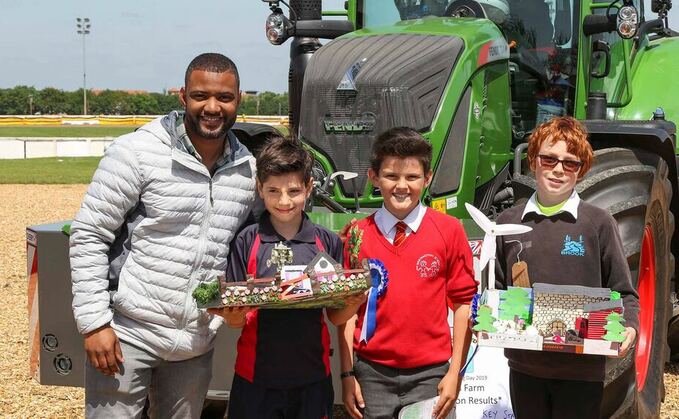
Giving children the opportunity to get an insight in to farming is the idea behind Kids Country. Emily Ashworth speaks to Sandra Lauridsen, Kids Country education Manager, about the importance of the initiative....

Giving children the opportunity to get an insight in to farming is the idea behind Kids Country. Emily Ashworth speaks to Sandra Lauridsen, Kids Country education Manager, about the importance of the initiative....
PEDIGREE HEREFORD AND ANGUS BULLS FOR SALE